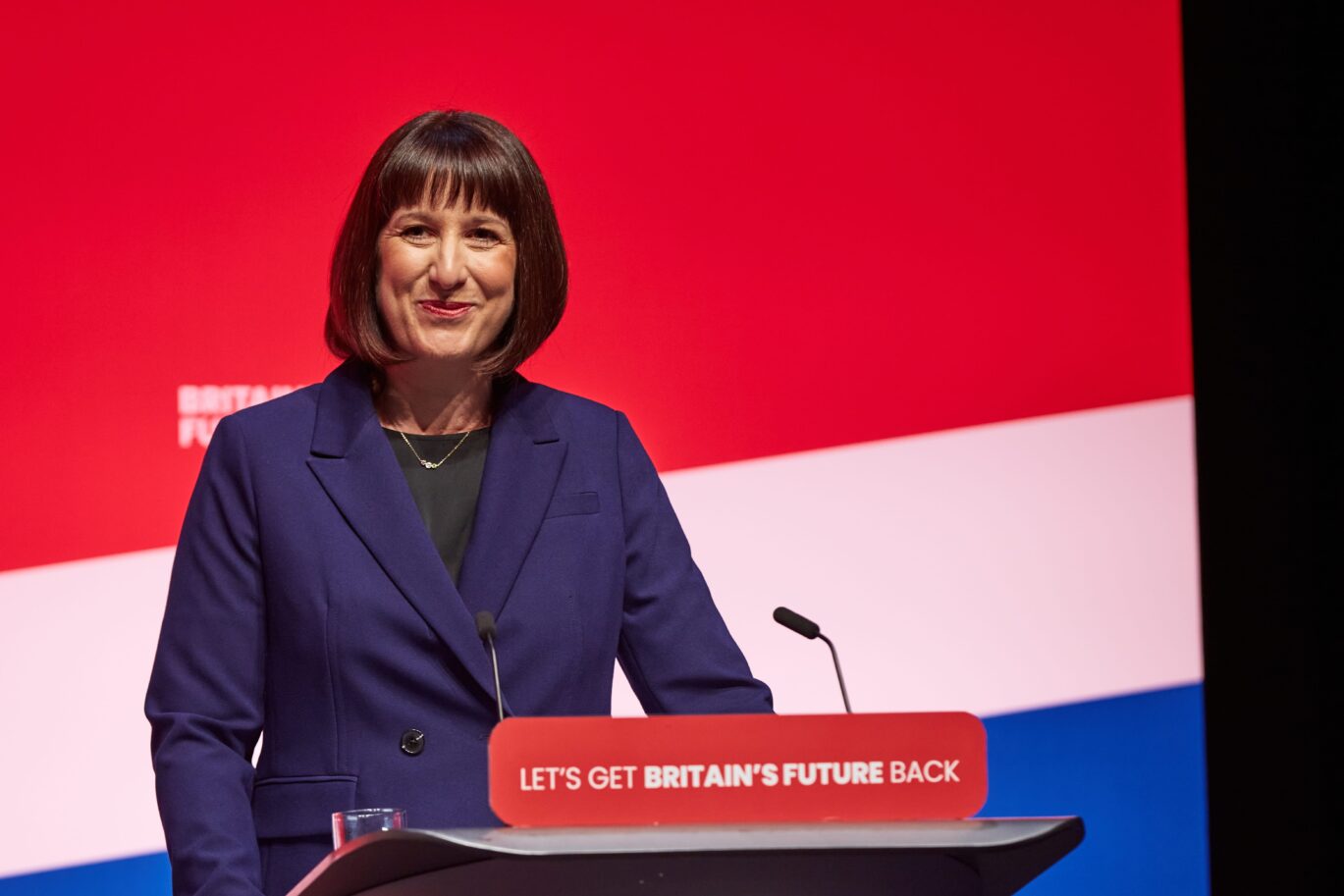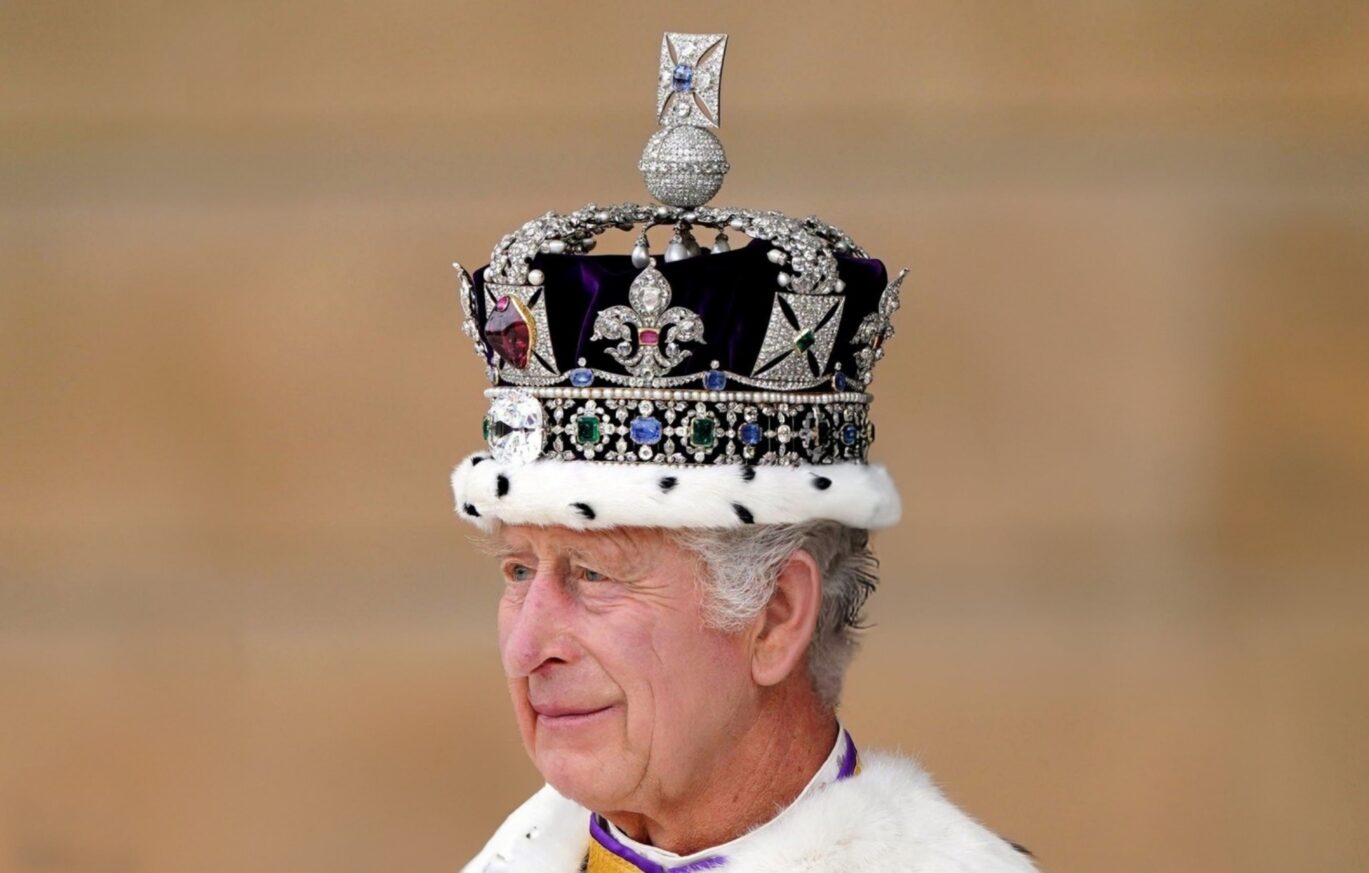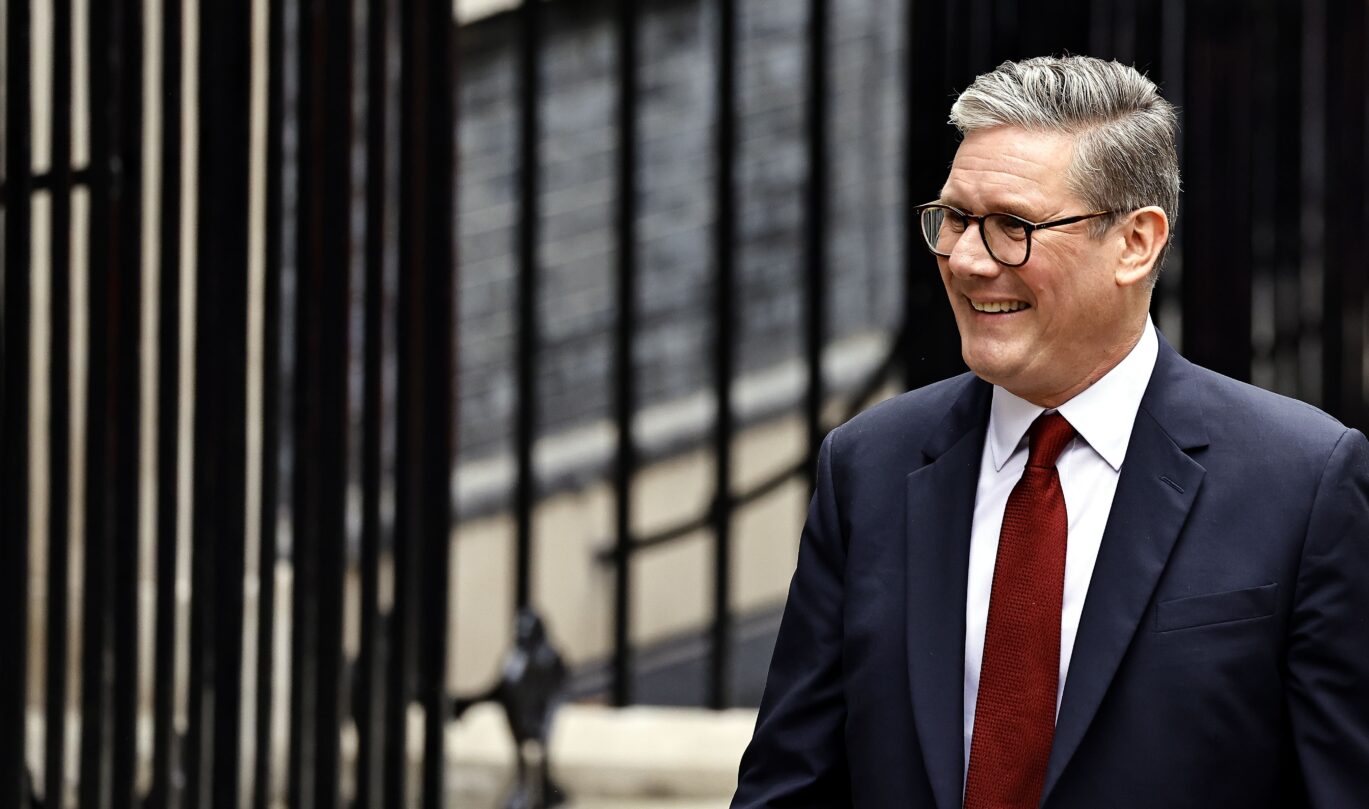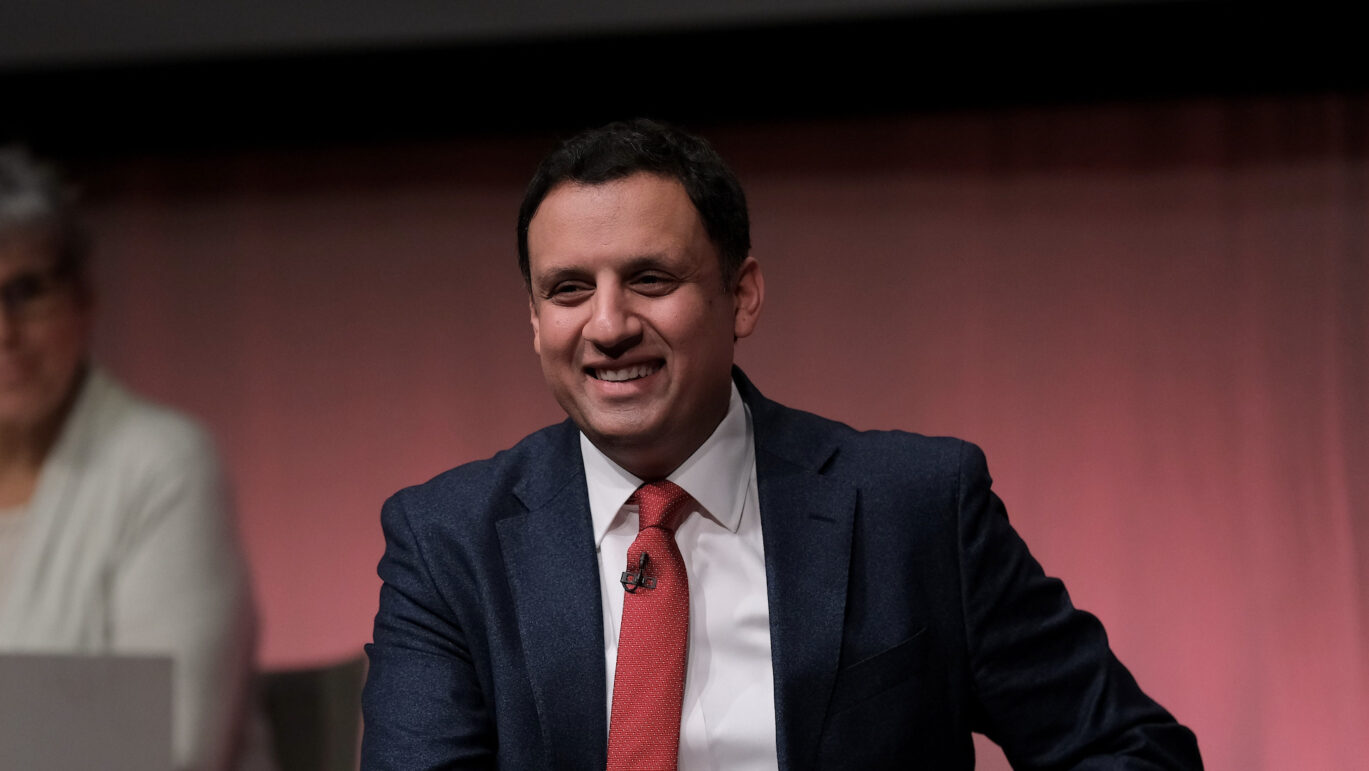Budget bids to make the windfall tax work
Analysis from Allister Thomas, Senior Energy Advisor at True North
The North Sea has been braced for a tough budget. Rachel Reeves has made an important concession on capital allowances, but challenges nevertheless remain for the sector.
First, the good news…
The capital allowance (100% first year allowance) is being retained. After some warnings this would be reduced, keeping operators up at night, its retention is a lifeline for certain projects. Companies will now be crunching the numbers, but firms were pushing for this key measure to be retained given the capital-heavy nature of the industry.
But the EPL is going up and lasting longer
Overall, however, the headline tax rate has been increased 3% to 78% (38% EPL), the 29% investment allowance for firms to offset costs has been scrapped, and the levy has been extended until the sunset clause of 31 March 2030. With windfall profits long-gone, and another five years (at least) under this fiscal regime, investment in the North Sea could still be a tricky proposition. IOCs will be weighing the North Sea against global portfolios competing for investment, independents, requiring funding and partners, may well continue to see challenges.
In the run up to this, the industry warned that tens of thousands of jobs and billions of pounds of investment were at risk. Capital allowances are a concession to mitigate some of that, though this remains a tough budget for the industry. The price floor will stay in place, though it is cosmetic; consensus is that commodity prices won’t fall low enough for long enough to trigger it.
Operators will now be assessing the true the scale of the impact. In the last week, leaks to Reuters saw a report that Harbour Energy, the UK’s largest producer, is planning to sell its assets in the UK North Sea, while Viaro Energy, which recently struck a deal for 11 Shell North Sea assets and part of the Bacton Terminal, reiterated concerns that Labour’s policies will accelerate an end to producing assets.
Successor regime?
Can the industry now expect certainty? Will the system truly end in 2030? Given this is the fifth fiscal change since May 2022, operators would be forgiven for taking a cautious approach. The government is consulting on what happens post-2030 should there be further price shocks, so a replacement regime may come into view.
Decarbonisation allowance but CCUS tax cut
A point of note from the red book: The decarbonisation allowance, applying to costs for the complex and costly process of electrification, is dropping from tomorrow (November 1) from 80% down to 66%. Despite this, the government says firms will be able to benefit from “broadly the same” level of tax relief as the EPL increases from 35% to 38%. What happens in reality remains to be seen. With a harsher tax rate, abolished allowances, increasingly non-profitable and ageing assets, operators may opt to cease production and decommission, accelerating the industry’s decline. The NSTA regulator said last week that more than 6 billion barrels of discovered oil and gas remain in the North Sea, but it also now demands any new projects to be electrified or electrification ready. This measure may mean those barrels risk being stranded as the UK increasingly relies on gas giants like the US and Qatar for its supply.
Staying on decommissioning and repurposing: the government is introducing a tax relief for repurposing assets for carbon capture, utilisation and storage (CCUS), to be legislated for in the 2024-25 Finance Bill.
Scope 3 consultation
Another major pressure on the industry: The government has today published a new consultation on Scope 3 emissions for new oil and gas projects, designed to deliver a “fair, orderly and prosperous” transition in the North Sea. This comes following the landmark Finch Supreme Court ruling earlier this year and the government’s decision not to challenge judicial reviews against new oil and gas projects.
Initial funding for GB Energy
Positively, today’s Budget outlines £125milion of initial funding for GB Energy from 2025-26. Though it remains a far cry from the £8.3billion mooted, this is a set up phase. Funding has also been announced for several hydrogen projects, including Cromarty and Whitelee in Scotland.
Ports, Wind, and Investment Zones
The Government has confirmed that Investment Zone programmes will continue, with a formal appraisal process and aiming for 25/26 completion. With Aberdeen already selected as one of those zones under the previous government, that’s a welcome move.
This budget does confirm some funding for Ports: £134million to support delivery of port infrastructure to facilitate floating offshore wind as part of DESNZ’ funding settlement, linked to development of new green hydrogen projects.
Apparently absent is any mention of the mooted £1.8billion for Ports and Harbours, laid out in Labour’s Green Prosperity Plan in April. Industry will keep a close eye for more detail on this funding will emerge in later Budgets.










